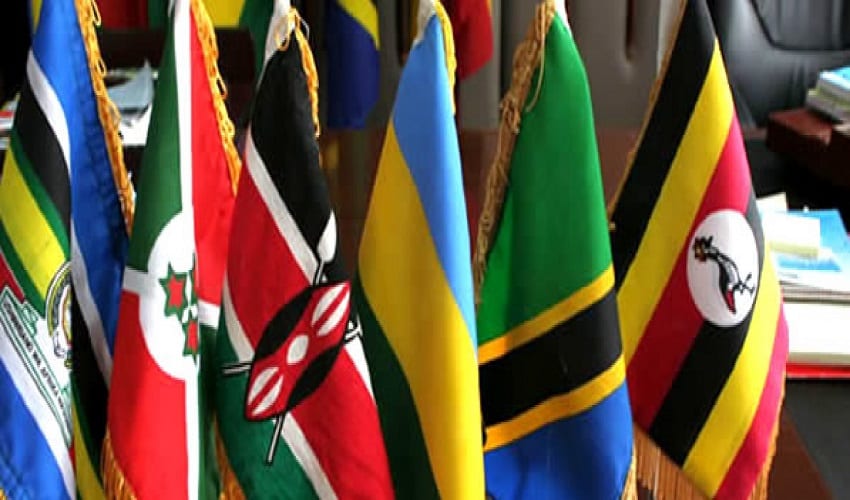Local production key to regional industrialisation
By Phyllis Wakiaga, April 7, 2021The establishment of an effective Common External Tariff (CET) in the East Africa region will lead to exponential growth of the manufacturing sector.
CET refers to an import tariff or rate adopted and applied by countries within a common market.
This tariff is ideally imposed on products imported from non-member countries, with the intention of promoting industrialisation in the common region, enhancing the economic development of member States, and liberalising regional trade.
The East African Community (EAC) is in the process of reviewing its CET that if adopted, will steer the manufacturing sector into an upward spiral, which is needed as we grapple with Covid-19.
It is important to highlight the progress made through trade agreements with the partner States.
First is the establishment of the EAC Single Customs Territory to facilitate faster clearance and movement of cargo from the port of entry to destination.
Second is the implementation of One-Stop Border Posts aimed at facilitating cross-border movements through reduction of the time taken in clearance procedures.
The third is the removal of several non-tariff barriers that had previously frustrated trade between the Partner States.
But even with this progress, the laxity to agree upon and implement the EAC CET by the partner States is straining the competitiveness of the sector and the economic growth of the region.
In essence, the current tariff undermines industrialisation efforts by favouring imports or subsidising importation costs, in turn, resulting in reduced competitiveness of local manufacturers. This leads to few job opportunities and decreased development.
The current EAC CET Tariff stipulates that the EAC partner States may import products at different levels with the following duty rates: raw materials – zero per cent, intermediate – 10 per cent and finished products – 25 per cent.
In short, imports from other countries, outside of the EAC, are enjoying lower rates (25 per cent) for products that are or may be produced within the EAC.
This is not only derogatory to the objectives of the EAC, which include building the prosperity, competitiveness, and stability of the region but it also undermines industrial growth and its benefits.
For the region to reap the benefits of industrialisation, it is necessary that we impose a higher duty rate on the importation of finished products from countries outside the EAC region.
This will result in strengthened backward and forward linkages between the EAC Partner States, advanced value chains, and increased competitiveness and sustainability of the region.
A 35 per cent tariff rate on the importation of finished products could not come at a better time.
The competitiveness of the sector is currently being deterred by transport and logistics issues, excessive governmental levies, increased cost of powerand effects of the pandemic.
Adopting this tariff band may be the policy response we need to protect the country from import surges and unfair trade practices at this time.
Though Uganda, Tanzania, Kenya and South Sudan support the reviewed EAC CET rate on finished products, a non-conclusive EAC entity will result in delayed implementation and therefore continued imports and impaired economic progress.
KAM supports this newly reviewed EAC CET, which includes a 4th band that will impose a 35 per cent rate on imported finished products from non-member States.
For us to steer towards the industrialisation of the region, we must be intentional in adopting and implementing frameworks that will enhance manufacturing and promote exports.
The adoption of the reviewed EAC CET is a great step in achieving this. EAC partner States need to endorse the new tariffs and ensure effective implementation to secure the progressive growth and competitiveness of the manufacturing sector.
This will result in better productivity, creation of job opportunities, increased revenue and regional prosperity. —Writer is CEO, Kenya Association of Manufacturers and the Global Compact Network Kenya Board Chair —ceo@kam.co.ke.
